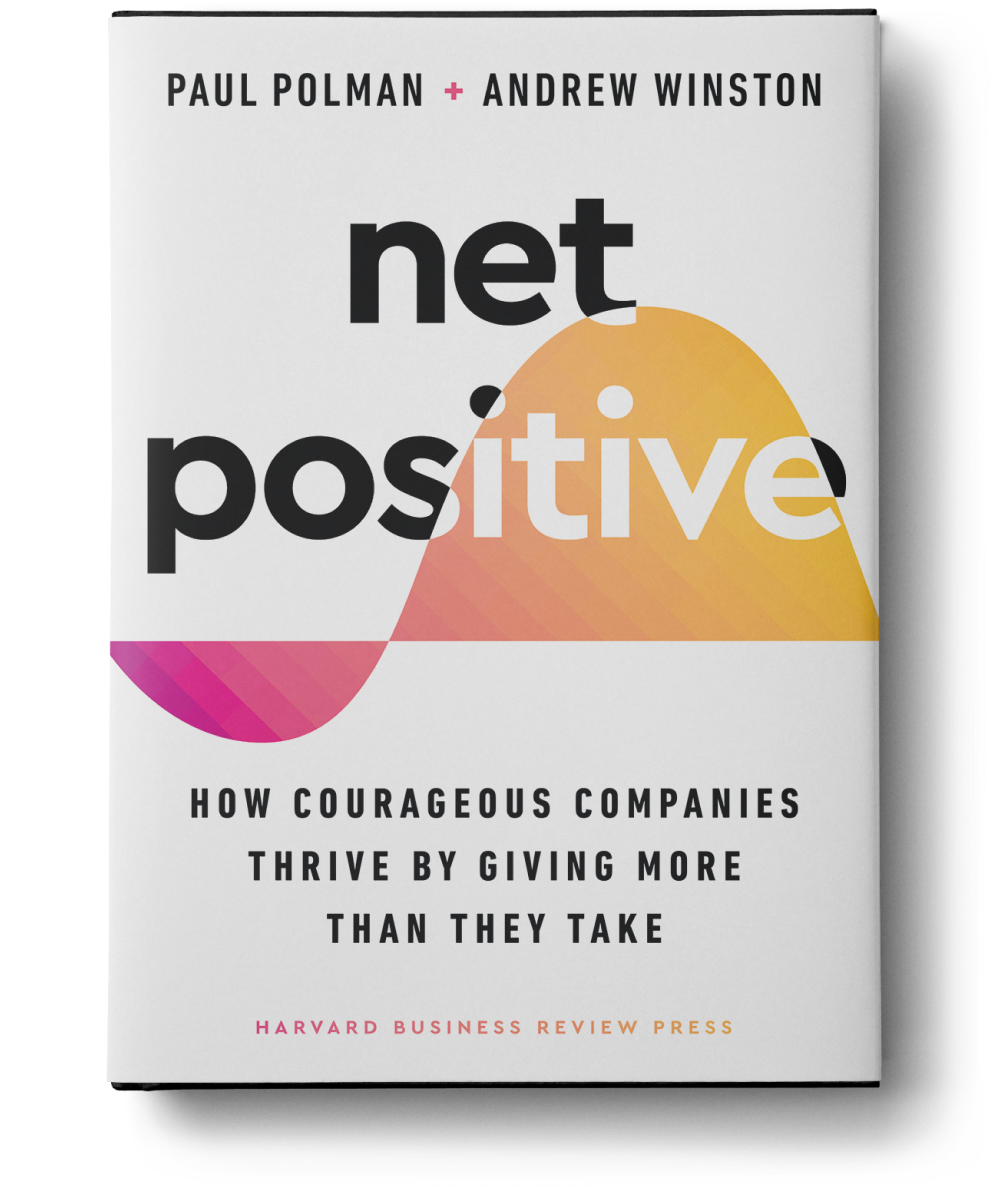How Ready is Your Company for the Net Positive Journey?
Being net positive – having a positive impact on all stakeholders through the operations and products and services of the business – is the north star. It will take hard work and commitment, but the journey will be easier with the right information at hand, and solid commitments to values and purpose throughout the organization.
